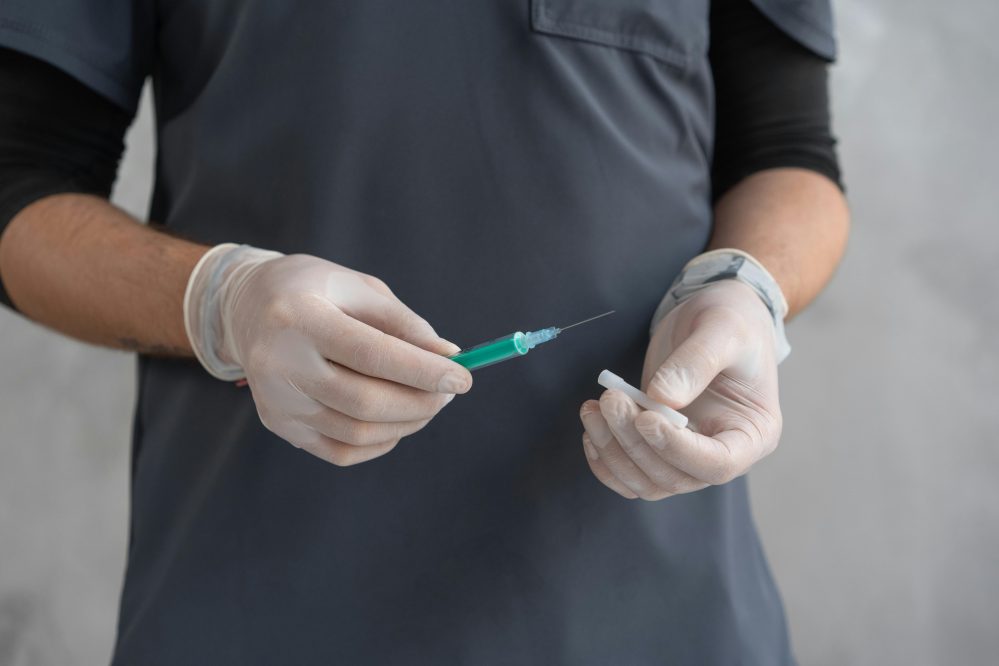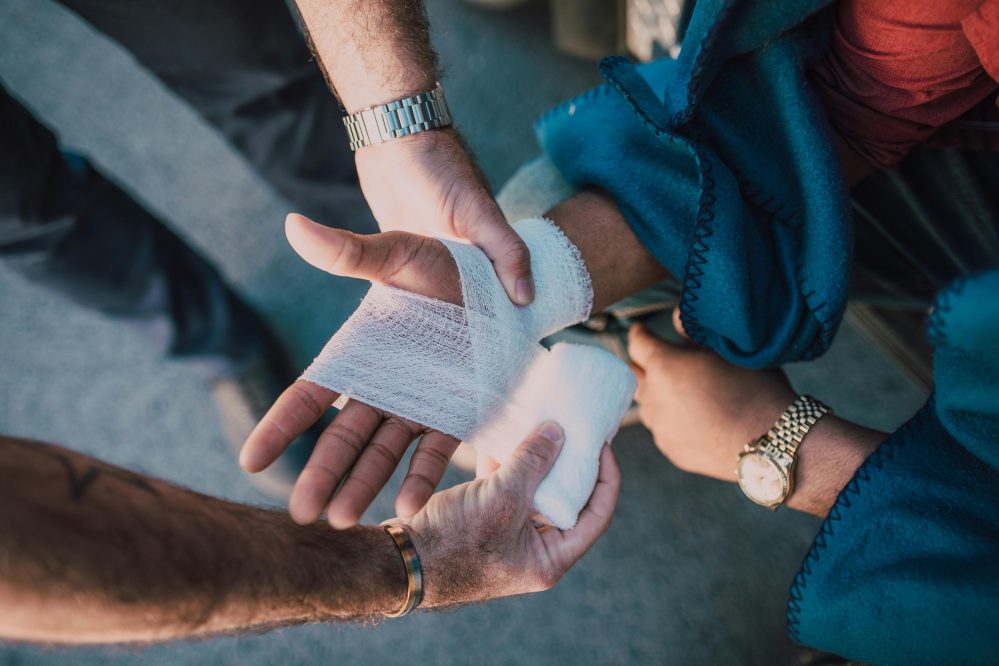Nursing clinicals are a crucial part of nursing education, providing students with hands-on experience in real healthcare settings.
Nursing clinicals are essential to nursing education as they provide students with opportunities to practice their skills in actual patient care environments. These hands-on experiences not only prepare nursing students for real-life scenarios they may encounter in their future roles but also help them develop vital practical skills.
In this article, we will explore what nursing clinicals entail, outline the expectations for students, provide tips for success, and discuss the valuable skills gained during these experiences. Understanding the importance and structure of nursing clinicals can help you better prepare for this crucial training period and increase your readiness for a successful nursing career.
What Are Nursing Clinicals?
Nursing clinicals are an essential component of nursing education, providing students with hands-on experience in medical settings under the supervision of healthcare experts. They seek to bridge the gap between classroom theory and real-world nursing practice by giving students the opportunity to apply what they have learned in lectures to actual patient care scenarios.
Clinicals often take place in a range of settings, such as hospitals, long-term care facilities, and outpatient clinics, giving students a chance to interact directly with patients, collaborate with healthcare teams, and acquire critical skills for their future job as nurses.
How Nursing Clinical Rotations Work
Nursing clinical rotations provide students with hands-on experience across a range of departments and specialties. Common rotations include pediatrics, emergency care, geriatrics, obstetrics, and psychiatric nursing, among others. These rotations allow students to gain exposure to various aspects of patient care and healthcare environments, helping them develop a broad and well-rounded skill set.
The length and schedule of clinical rotations can vary, but students typically work weekly shifts of 8 hours, with rotations lasting several weeks or months, depending on the program. This gives students ample time to learn the specific skills and knowledge required for each specialty.
Gaining experience in multiple areas is essential for building flexibility and adaptability in nursing practice. Exposure to different departments helps students learn how to manage diverse patient needs, navigate varied healthcare settings, and sharpen problem-solving and communication skills, all of which are crucial for becoming effective and well-prepared nurses.
Key Expectations for Nursing Students in Clinicals

In nursing clinicals, professionalism is crucial. Students are expected to arrive on time, communicate respectfully, and follow proper etiquette in all situations. Being professional shows dedication to nursing and nurtures a supportive environment for patient cases and education.
Additionally, students must have well-defined learning goals. These objectives include gaining practical experience, studying the work of more seasoned nurses, and progressively assuming greater responsibility as they gain competence and confidence in their profession.
During rotations, clinical instructors assess students based on several critical factors. These include their ability to adapt to different situations, their relationships with patients, and their mastery of nursing skills. For example, teachers evaluate students’ skills in handling unforeseen challenges, interacting appropriately with patients and their families, and doing tasks swiftly and accurately. This helps ensure nursing students gain the knowledge and abilities needed to succeed in their future careers and provide the best care possible for their patients.
Preparing for Your First Day – What to Bring and Wear
Getting ready for your first day in nursing clinicals can feel like getting ready for the first day of school! It’s essential to show up prepared and look the part, and this means putting on clean scrubs that fit you well and make you look professional.
Next, make sure you put on your most comfortable pair of shoes, as you’ll be on your feet a lot and need all the support you can get. A watch with a second hand is necessary for keeping track of time during patient care, and don’t forget to wear your ID badge to show that you’re a nursing student.
Now that you’ve got your outfit all figured out, it’s time to think about the supplies you’ll need:
— A stethoscope for listening to heartbeats and breathing.
— A notepad and pen to take notes
— A clipboard to keep everything neatly organized
— Reference materials like textbooks or quick guides
— Snacks and a water bottle to keep your energy up and stay hydrated throughout the day.
Lastly, mental preparation is just as important as being physically ready. Before your first day, practice some relaxation techniques, such as deep breathing or visualization, to help calm your nerves. Arriving with a positive and open mindset will also help you make the most of your experience. Remember, this is a learning opportunity, and being ready to embrace new challenges will set you up for success.
Navigating Daily Routines and Key Activities in Clinicals

A typical nurse clinical day is packed with crucial learning activities that keep students occupied and organized. Pre-shift briefings are often held at the beginning of each day, during which the team reviews patient care plans and any significant modifications. Student participation in patient rounds follows, which entails visiting each patient to inquire about their needs and conditions.
Throughout the day, students assist with various treatments, like changing bandages or setting up equipment. They also take time to chart or document what they observe about each patient’s progress.
During clinicals, students may perform specific tasks such as checking vital signs—like blood pressure, heart rate, and temperature. They will also document patient information to keep records up to date. Supporting nurses is a big part of the job, too, as students learn how to work as part of a healthcare team.
Students are urged to fully engage in order to get the most out of this educational opportunity. Asking questions when unsure, volunteering for tasks, and taking notes during briefings or procedure observation are all great ways to learn and become more proficient.
Challenges and Tips for Success in Clinicals
Nursing clinicals can be tough, and students often face several common problems. One big challenge is balancing clinical hours with schoolwork, as both need a lot of time and attention. Managing stress can also be hard, especially when dealing with patient reactions or unexpected situations. Students might feel overwhelmed at times, which can impact their performance.
To succeed in clinicals, it’s essential to apply practical tips to overcome challenges effectively. Time management techniques, like making a daily schedule or using to-do lists, can help students stay organized and meet all their responsibilities.
Good communication skills are also important; being clear and respectful when talking to patients, nurses, and classmates can help avoid misunderstandings. Additionally, taking care of yourself—getting enough sleep, eating healthy, and finding time to relax—can help you feel better and handle stress.
Having support systems and mentors is another great way to succeed in clinicals. Since they can provide insightful critiques and advice, instructors are the best people for students to turn to when they need assistance.
Developing relationships with other students and experienced nurses can also be a source of inspiration and assistance. Building these relationships can eventually enhance students’ learning outcomes and reduce clinical loneliness.
Skills Gained in Clinicals

Throughout nursing clinicals, students gain a variety of valuable skills that will benefit them in their future employment. In terms of hard skills, students are taught how to assess vital signs like heart rate and blood pressure, safely administer drugs, and take care of wounds. Any nurse must become proficient in these practical skills in order to deliver high-quality patient care.
Along with hard skills, students also acquire important soft skills. To effectively interact with patients, families, and other healthcare team members, nurses must be skilled communicators.
Empathy is another crucial skill that allows nurses to relate to patients and understand their needs and emotions. In a clinical setting, where nurses interact closely with doctors and other medical professionals, collaboration is essential. Finally, nurses who can solve problems are better able to deal with any difficulties that may arise during patient care.
The skills students gain in clinicals help them transition from learners to confident professionals, which benefits them for years to come. Students are better prepared to handle the demands of the nursing profession and ensure that they can serve patients with efficiency and compassion if they have both hard and soft skills. This foundation increases their self-esteem and sets them up for success in their future nursing professions.
The Bottom Line
Nursing clinicals are an essential part of nursing education because they give students the skills and information they will need for their future employment. During clinicals, students not only learn how to monitor vital signs and give drugs, but they also acquire important soft skills like communication and collaboration.
Asking for help from classmates and teachers, communicating clearly, and managing your time well are all essential for success in clinicals. Students should see clinicals as valuable learning opportunities and chances for personal growth.
By embracing these experiences, students can build their skills and self-assurance and get ready for the challenges of practical nursing. Remember that each clinical rotation is an opportunity to grow into an informed and caring nurse.
Contemplating a nursing career? Check out AIAM’s Practical Nursing and Registered Nursing programs today and discover the skills you need to make a difference in healthcare.
Frequently Asked Questions (FAQs)
Do nursing students get paid during clinicals?
No, nursing students typically do not get paid during clinicals, as these experiences are considered part of their education.
How is performance evaluated in nursing clinicals?
Performance is evaluated through assessments by clinical instructors based on skill proficiency, patient interaction, and overall professionalism.
What are the consequences of not passing a clinical rotation?
Not passing a clinical rotation may result in delaying graduation, needing to retake the course, or impacting the student’sstudent’s overall academic record.